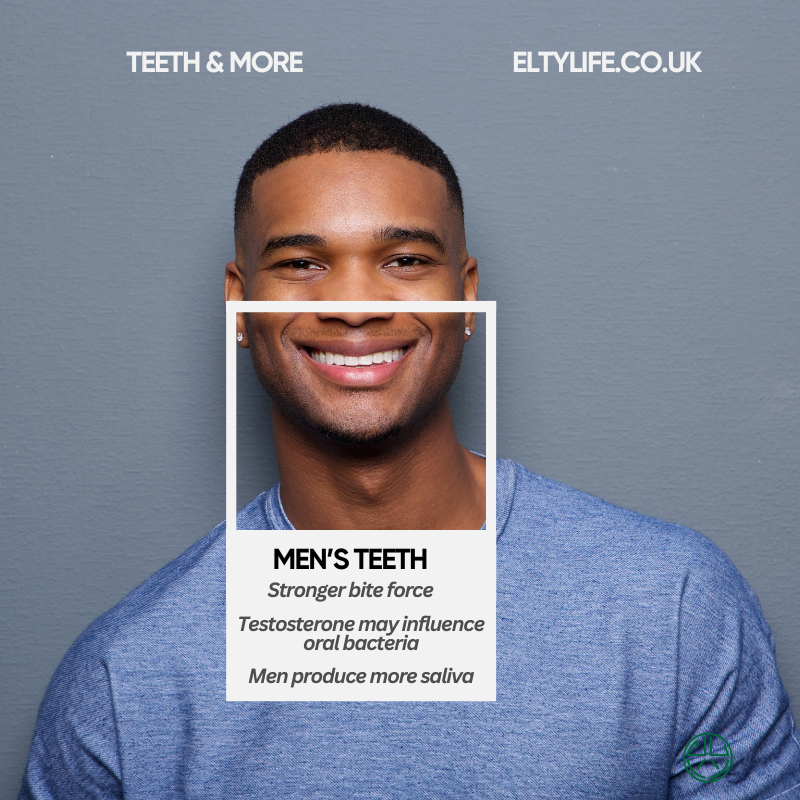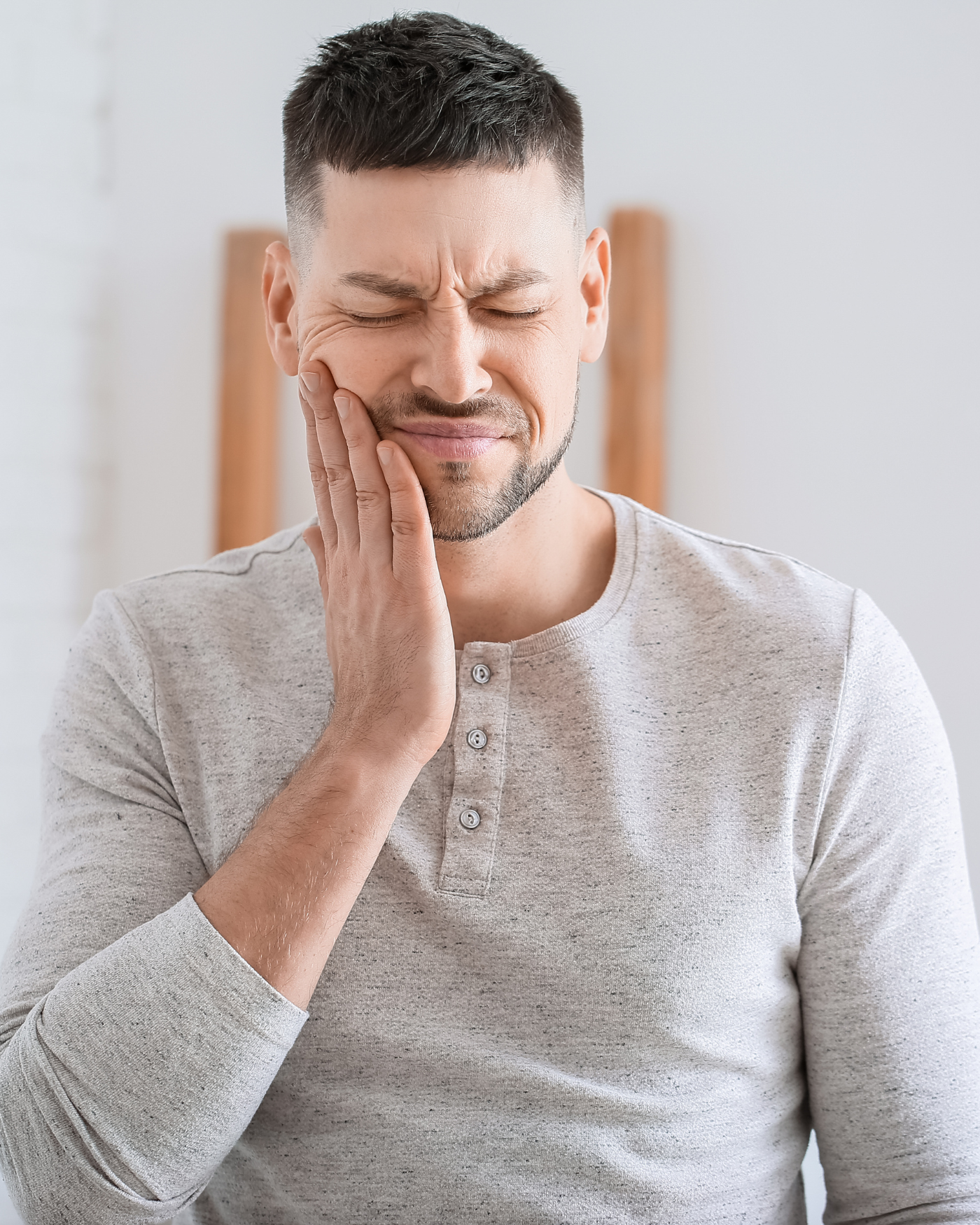Understanding the Causes of Sensitive Teeth: What You Need to Know
If you’ve ever experienced a sharp, sudden pain when drinking something hot, cold, sweet, or sour, you’re not alone. Sensitive teeth affect millions of people worldwide and can make everyday activities uncomfortable. But what exactly causes this discomfort? Let’s dive into the most common reasons behind tooth sensitivity and what you can do about it.
1. Worn Enamel
Your tooth enamel is the hard, protective outer layer that shields the inner nerves of your teeth. When enamel wears down—due to aggressive brushing, acidic foods, or aging—it exposes the underlying dentin, which contains tiny tubules leading to nerve endings. This exposure triggers sensitivity to temperature and certain foods.
2. Gum Recession
Gum recession happens when the gums pull away from the teeth, often caused by gum disease or brushing too hard. This exposes the tooth roots, which are not covered by enamel and are much more sensitive. When the roots are exposed, even normal activities like brushing or drinking can cause discomfort.
3. Tooth Grinding (Bruxism)
Grinding or clenching your teeth, especially at night, can wear down enamel and cause cracks or fractures in teeth. This damage exposes sensitive areas and can lead to pain when eating or drinking.
4. Dental Procedures
Recent dental work such as fillings, crowns, or teeth whitening treatments can temporarily increase tooth sensitivity. While this usually fades over time, it’s important to let your dentist know if the sensitivity persists.
5. Tooth Decay or Damage
Cavities, cracked teeth, or worn fillings can expose nerves and lead to sensitivity. If you notice sharp pain in specific teeth, it’s a good idea to get checked by your dentist promptly.
How to Manage Sensitive Teeth
If you’re dealing with tooth sensitivity, here are a few tips that might help:
-
Use a soft-bristled toothbrush and avoid harsh brushing
-
Choose toothpaste specially formulated for sensitive teeth
-
Limit acidic foods and drinks like citrus, soda, and wine
-
Avoid grinding your teeth or consider a night guard if recommended
-
Visit your dentist regularly for professional advice and treatment
When to See a Dentist
While sensitive teeth are often manageable, persistent or severe pain could signal a more serious problem. Don’t hesitate to consult your dentist if sensitivity worsens or is accompanied by other symptoms like swelling or persistent discomfort.
Read more

Key Facts About Men’s Oral Health When it comes to dental health, most people don’t realize how much gender can play a role — but men’s teeth have their own unique story! From stronger bite force t...

In the world of biohacking, we’re constantly seeking smarter ways to upgrade the body—improving energy, sleep, skin, and even cognitive performance. But one area often overlooked in this optimizati...








Leave a comment
This site is protected by hCaptcha and the hCaptcha Privacy Policy and Terms of Service apply.